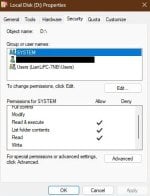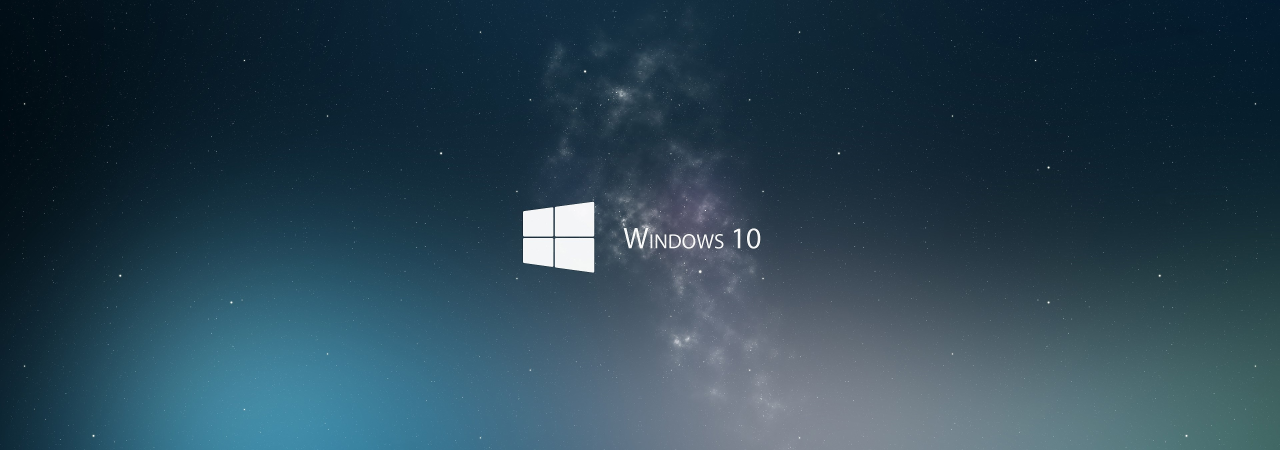- Jan 13, 2019
- 203
Few days back, I had updated my Windows 11 laptop to the latest update "2023-10 Cumulative Update Preview for Windows 11 Version 23H2 for x64-based Systems (KB5031455)" via Windows Update. After few hours, when I used the laptop, found out that all my files and folders in D: drive had been automatically deleted, except for the "Users" folder in there. Nothing was deleted from C: drive.
I use Kaspersky AV as well as the default Windows Security is also enabled all the time. Unfortunately, Kaspersky expired a day before the Windows update. However, Windows Defender was active at that time.
I don't know whether the update deleted all the files in D: drive but nothing in C: drive.
So, after this incident, I am trying to find out if there is any way to prevent files from getting automatically deleted? Beside the AV, do I need to install any other programs or configure my PC so that no files are deleted automatically in future?
I use Kaspersky AV as well as the default Windows Security is also enabled all the time. Unfortunately, Kaspersky expired a day before the Windows update. However, Windows Defender was active at that time.
I don't know whether the update deleted all the files in D: drive but nothing in C: drive.
So, after this incident, I am trying to find out if there is any way to prevent files from getting automatically deleted? Beside the AV, do I need to install any other programs or configure my PC so that no files are deleted automatically in future?

